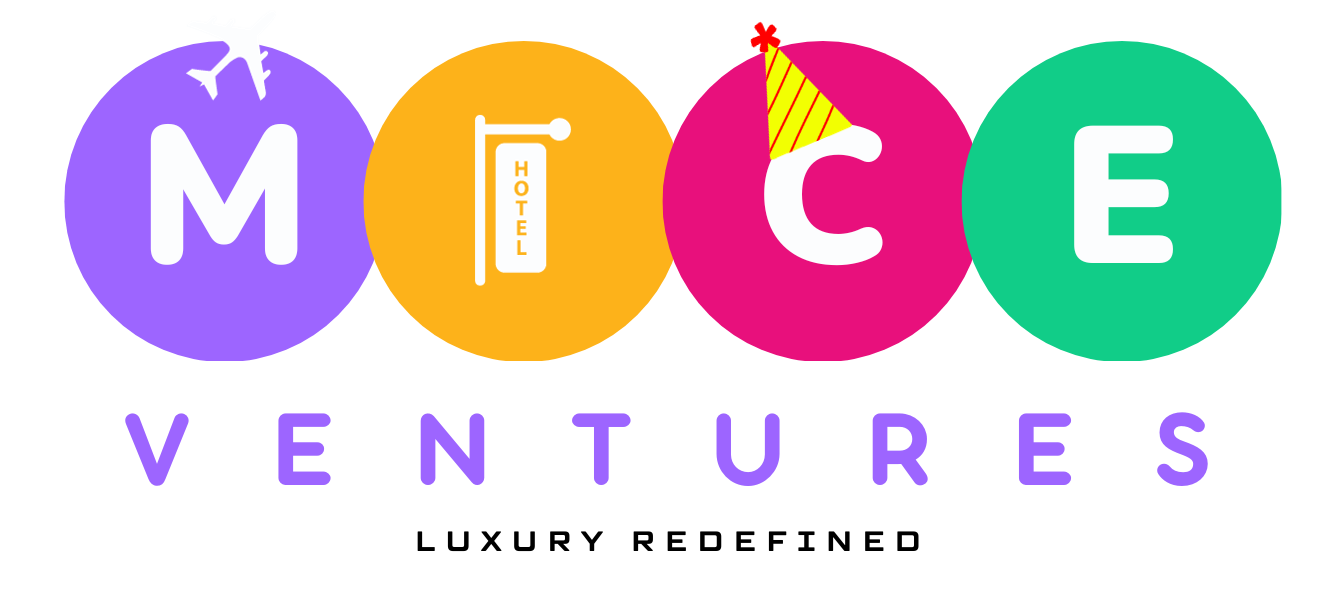Workshops
Workshops are a vital component of any successful event, and they play a crucial role in enhancing the overall experience for attendees. Whether you’re organizing a conference, trade show, seminar, or any other event, offering workshops can add significant value and contribute to the event’s success.
I. The Significance of Workshops
Workshops provide a unique opportunity for event organizers to deliver hands-on, interactive, and in-depth learning experiences to attendees. Unlike traditional presentations or lectures, workshops encourage active participation, knowledge sharing, and skill development.
1. Enhanced Learning Experience:
Workshops allow participants to delve deeper into specific topics.
Interactive activities, group discussions, and practical exercises make learning more engaging and memorable.
2. Diverse Content Offerings:
Workshops can cover a wide range of subjects, catering to various interests and skill levels.
You can offer diverse workshops to attract a broader audience.
3. Networking Opportunities:
Workshops create a conducive environment for networking and building connections.
Participants with shared interests or goals can connect and collaborate during and after the workshop.
4. Personalization:
Workshops can be tailored to meet the specific needs and preferences of your event’s target audience.
Attendees can choose workshops that align with their interests and objectives.
II. Types of Workshops to Consider
To make the most of workshops on your event website, it’s essential to offer a variety of workshop types to cater to different attendee needs and learning styles. Here are some popular workshop formats you can consider:
1. Hands-On Workshops:
Participants actively engage in practical activities and gain hands-on experience.
Suitable for skill-building sessions in areas like technology, arts, or crafts.
2. Interactive Discussions:
Facilitated group discussions encourage knowledge sharing and idea exchange.
Ideal for exploring industry trends, challenges, and best practices.
3. Panel Discussions:
A panel of experts shares insights, experiences, and perspectives on a specific topic.
Offers a well-rounded view and fosters thought-provoking discussions.
4. Case Studies and Simulation Workshops:
Participants analyze real-life case studies or engage in simulated scenarios.
Effective for problem-solving and decision-making skill development.
III. Maximizing Workshop Engagement
To ensure your workshops are well-received and effectively engage participants, consider the following strategies:
1. Clear Workshop Descriptions:
Provide detailed descriptions of each workshop on your event website.
Highlight the learning objectives, target audience, and key takeaways.
2. Expert Facilitators:
Select experienced and knowledgeable facilitators or speakers for your workshops.
Their expertise will enhance the workshop’s credibility and value.
3. Registration and Scheduling:
Offer an easy online registration process on your event website.
Create a clear schedule, and allow attendees to choose and reserve their preferred workshops in advance.
4. Interactive Tools:
Use technology to facilitate interaction, such as live polls, Q&A sessions, and virtual breakout rooms.
Encourage active participation and engagement.
5. Post-Workshop Resources:
Provide post-workshop materials, such as presentation slides, handouts, or additional reading materials.
Extend the learning experience beyond the event.
IV. Measuring Workshop Success
To assess the impact of your workshops and gather valuable feedback, consider implementing the following evaluation methods:
1. Attendee Surveys
Collect feedback through post-workshop surveys.
Ask participants to rate the workshop’s content, delivery, and overall satisfaction.
2. Analytics and Tracking:
Use website analytics to monitor workshop attendance and engagement.
Identify popular workshops and areas for improvement.
3. Testimonials and Reviews:
Encourage participants to share their workshop experiences through testimonials and online reviews.
Highlight positive feedback on your event website.
V. Promoting Workshops on Your Event Website
Effectively promoting workshops on your event website is key to attracting participants. Here are some promotion strategies to consider:
1. Prominent Placement:
Feature workshops prominently on your website’s homepage and navigation menu.
Create a dedicated workshop page with a list of available sessions.
2. Compelling Content:
Craft persuasive workshop descriptions that highlight the benefits of attending.
Use visuals, such as images and videos, to make workshops more appealing.
3. Social Media Promotion:
Share workshop details and updates on your event’s social media channels.
Create engaging posts, graphics, and event teasers.
4. Email Marketing:
Send targeted email campaigns to registered attendees and potential participants.
Include workshop highlights and registration links.
5. Early-Bird Offers:
Offer special pricing or incentives for early registration in workshops.
Create a sense of urgency to encourage early sign-ups.
